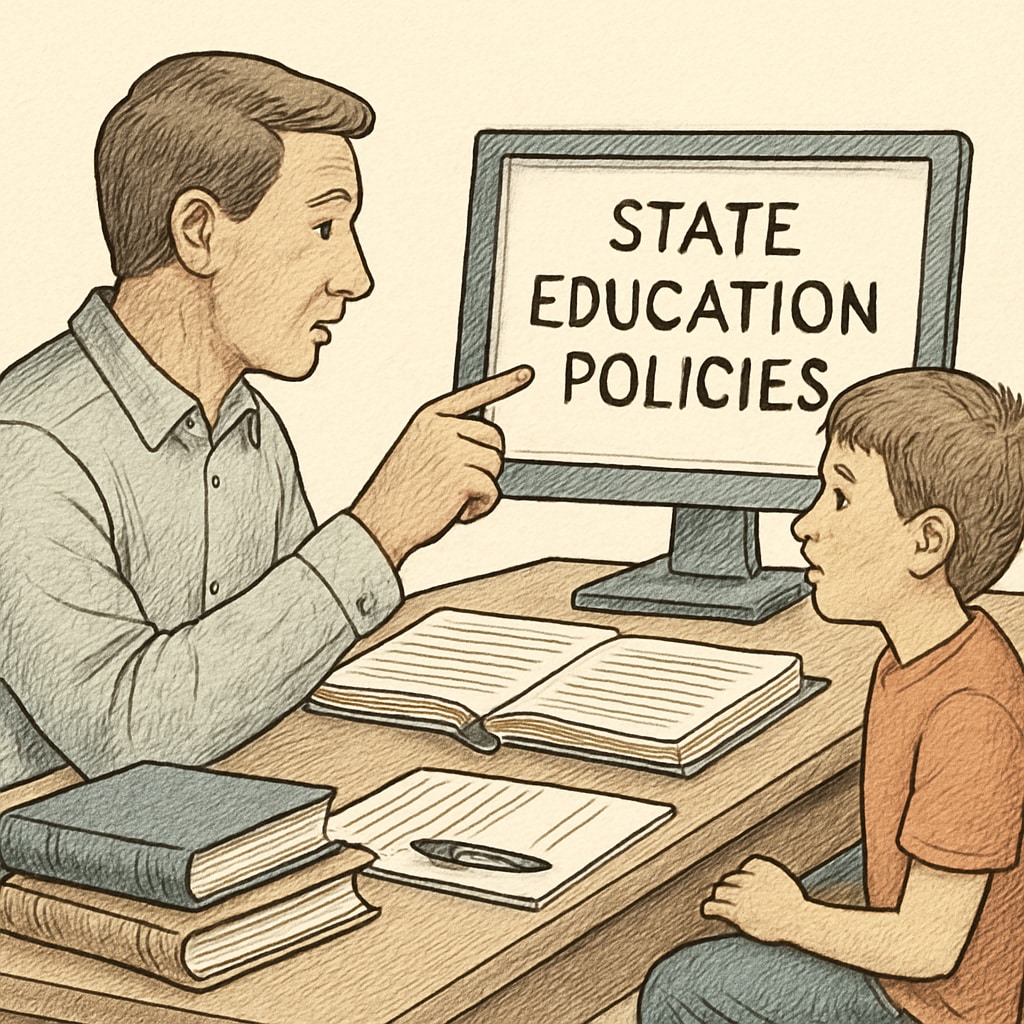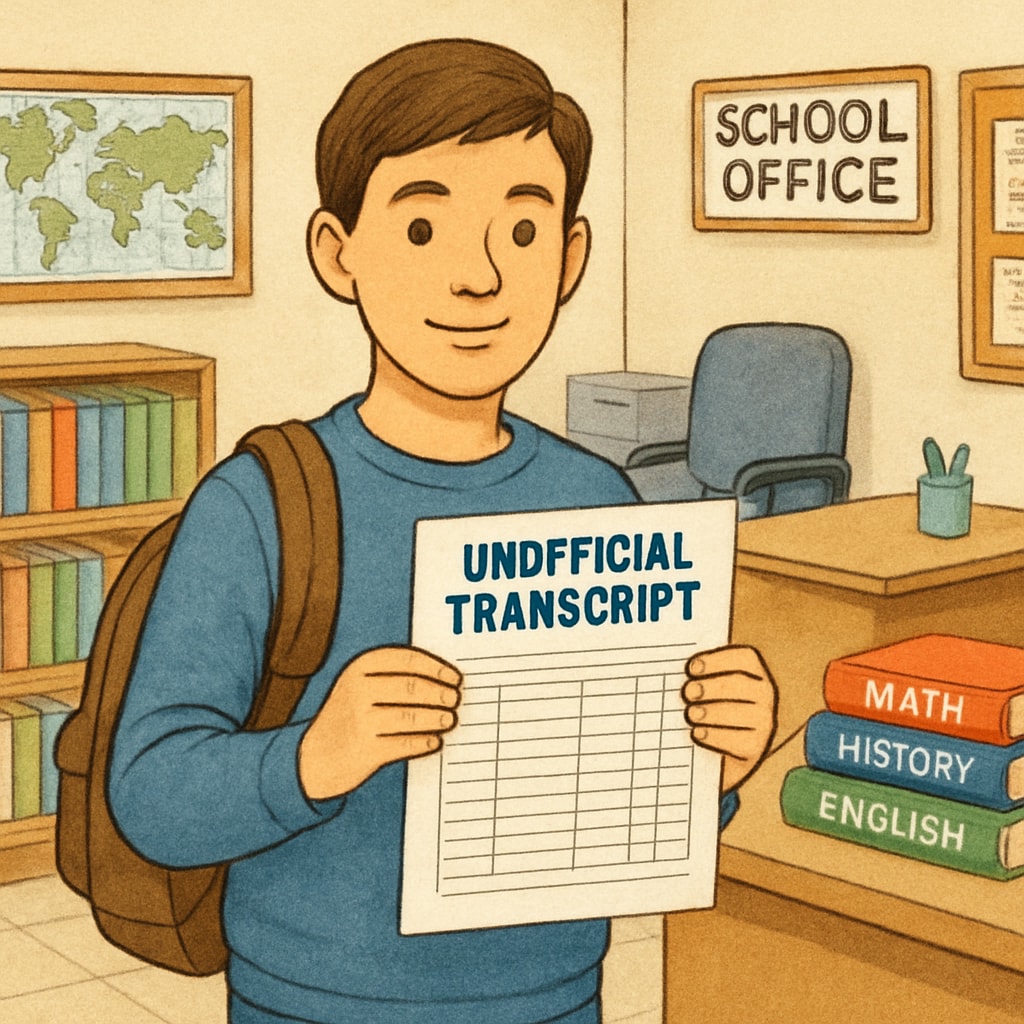Students and parents often face challenges when trying to access K12 transcripts while dealing with unpaid balances or financial holds. These challenges can create significant obstacles, especially when professional exams or time-sensitive applications for higher education are involved. However, understanding your rights, the relevant laws, and available solutions can help you navigate this issue effectively. This article examines how to legally secure K12 transcripts, even when financial obligations remain unresolved, without compromising educational opportunities.
Legal Protections for Accessing K12 Transcripts
In the United States, laws surrounding access to K12 transcripts vary by state and school district. While some schools enforce policies that restrict transcript release due to unpaid balances, others are bound by state-specific regulations that prioritize a student’s right to access their academic records. For example, California’s Assembly Bill 1974, also known as the “Public School Fair Debt Collection Act,” prohibits public schools from withholding grades, diplomas, or transcripts due to outstanding fees. Similarly, other states have introduced similar measures to protect educational access.
It is essential to research the specific policies applicable in your state and district. Parents and guardians can contact school administrators or consult official education department websites for clarity. For more information on state-specific education laws, refer to resources like U.S. Department of Education or National Conference of State Legislatures.

Practical Steps to Request Transcripts with Outstanding Balances
If your school does not fall under jurisdictions with protective laws, you can still explore alternative ways to obtain your transcripts. Below are some practical steps to consider:
- Negotiate With the School: Many schools are willing to arrange payment plans or partial settlements to release transcripts. Open communication with school officials can often yield positive results.
- Request Unofficial Transcripts: While official transcripts may be withheld, schools often provide unofficial copies that can suffice for certain applications or immediate needs.
- Seek Legal Assistance: If you believe your rights are being violated, consider consulting an education lawyer or legal aid organization for guidance.
It’s also important to document all communication with the school to ensure transparency and accountability throughout the process.

Impact on Professional Exams and College Applications
Delays in obtaining transcripts can have far-reaching consequences, especially when preparing for professional exams or applying to colleges. Fortunately, many institutions are aware of these challenges and may accept unofficial transcripts or a letter from the school explaining the financial hold. Communicating clearly with the receiving institution can prevent unnecessary setbacks.
Additionally, some colleges and professional testing organizations may provide provisional acceptance or allow students to sit for exams while resolving transcript issues. It’s worth exploring these options and confirming requirements in advance.
Balancing Financial Obligations and Educational Rights
While schools have a legitimate interest in collecting unpaid fees, withholding transcripts can unfairly penalize students. Striking a balance between fulfilling financial obligations and safeguarding educational access is crucial. Parents should prioritize open communication with schools, explore legal protections, and seek financial assistance if needed.
For further guidance, organizations like Save the Student or local community financial aid services can provide additional resources and support.
In conclusion, while unpaid balances can complicate access to K12 transcripts, understanding your rights and exploring available solutions can help mitigate these challenges. By staying informed and proactive, parents can ensure their children’s educational opportunities remain intact.


